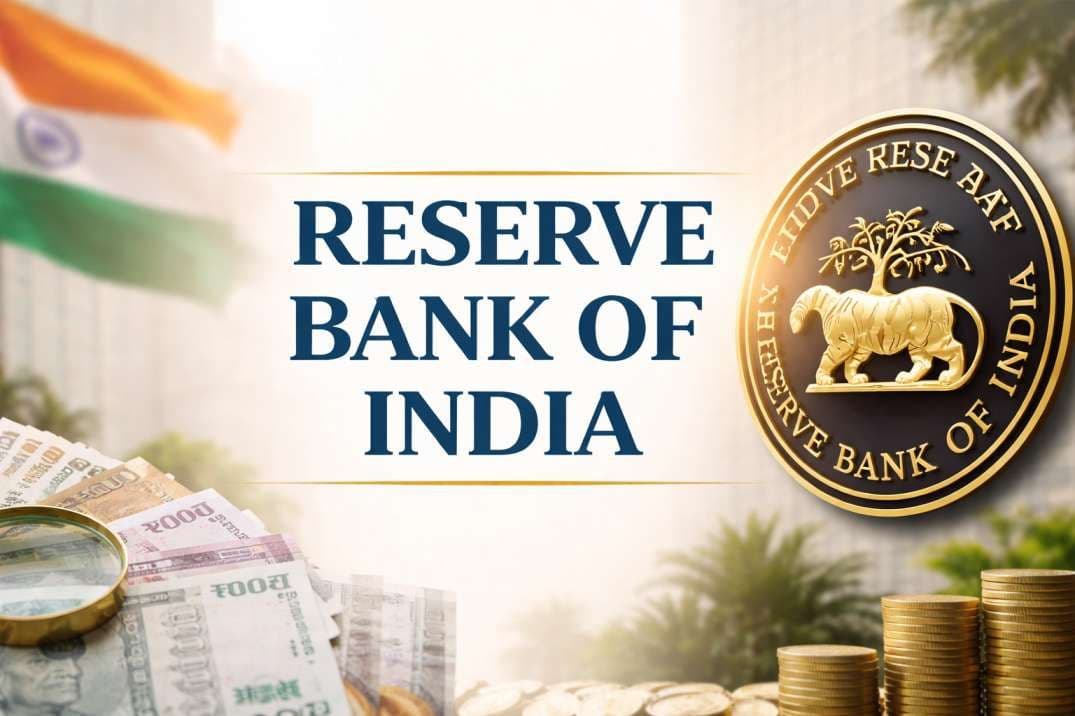UPSC Paper I Syllabus for General Studies Mains Examination
Mar, 2025
•4 min read
UPSC Paper I Syllabus for the UPSC Mains exam plays a pivotal role in determining your rank. This paper assesses the understanding of Indian history, art and culture, geography, and societal issues.
It’s also one of the most interesting sections to gain knowledge about India’s rich legacy and geography! Interestingly, data from previous years' exams reveal that nearly 70% of questions in GS Paper I require a deep analytical understanding. In this guide, we will break down the UPSC Paper 1 Syllabus and the strategy you need to excel in the Mains exam. Let’s get started!

Exam Overview of UPSC Paper I Syllabus
GS Paper I is about conceptual understanding and application. The focus is on your ability to interlink different topics, analyze historical contexts, assess social issues, and connect them to current events. Before we dive into the preparation strategy, let’s understand what GS Paper I entails:
- Total Marks: 250 marks
- Duration: 3 hours
- Nature of Questions: Analytical and descriptive, requiring detailed explanations with examples.
Detailed Syllabus Breakdown for UPSC Mains GS Paper I
Let’s break down the syllabus into specific sections to understand where to focus your preparation.
1. Indian Heritage and Culture
- Salient aspects of Art Forms, Literature, and Architecture from ancient to modern times.
- Focus on classical dance forms, music, paintings, and historical monuments.
2. Modern Indian History
- Significant events, personalities, and issues during British rule and the Indian Freedom Struggle.
- Contributions of freedom fighters, social reformers, and key movements like Swadeshi, Non-Cooperation, and Quit India Movement.
Also watch: All Gandhian Movements in 1 Video | Modern Indian History | UPSC CSE | SuperKalam
3. Post-Independence Consolidation and Reorganization
- Integration of princely states, linguistic reorganization, and challenges of nation-building.
4. World History
- Events from the 18th century, such as the Industrial Revolution, World Wars, and the rise of socialism and decolonization.
- Understanding the impact of these events on global politics and economics.
5. Indian Society
- Structure, issues, and challenges related to diversity, poverty, population, urbanization, and women empowerment.
- The role of social reforms, education, and health policies in shaping Indian society.
6. Geography of India and the World
- Physical, social, and economic geography, covering climate, vegetation, rivers, and natural resources.
- Geographical phenomena such as earthquakes, tsunamis, and their impact on the environment.
- Regional geography and how factors like monsoon patterns and landforms affect agriculture and development.
Want to ace your UPSC Mains GS 1? Watch this comprehensive analysis of Mains GS 1 2024 and get expert insights that will help you prepare for UPSC Mains 2025/26!
Let’s dive into the detailed strategy and tips to excel in the UPSC Mains examination!

Comprehensive Strategy to Prepare for UPSC Paper I Syllabus for Mains
Preparing effectively for GS Paper I of the UPSC Mains requires a focused and well-organized approach. It's crucial to adopt a strategy that covers each subject area thoroughly while refining your answer-writing skills. Here’s a detailed plan to streamline your preparation, along with expert tips to boost your performance and confidence.
Master the Basics with NCERTs
- Start your preparation with NCERT books for History, Geography, and Social Issues.
- These provide a solid foundation and a clear understanding of fundamental concepts.
- Make a synopsis of important geographical concepts and historical dates.
Focus on Indian Art and Culture
- Art and culture questions often come with a twist; UPSC focuses on lesser-known facts and their historical significance.
- Books like Indian Art & Culture by Nitin Singhania and the CCRT website are great resources.
- Focus on temples, sculptures, dance forms, and festivals—especially those with unique cultural backgrounds.
Modern Indian History & Freedom Struggle
- Bipin Chandra’s India’s Struggle for Independence and Spectrum’s A Brief History of Modern India are highly recommended.
- Concentrate on events leading up to Independence, key personalities, and significant Congress sessions.
- Make concise notes on important movements, acts, and reforms for quick revisions.
Tackle World History with Context
- Use Mastering Modern World History by Norman Lowe for a concise overview.
- Understand the cause-effect relationship of global events like the World Wars, colonialism, and revolutions.
- Relate historical events to their impacts on contemporary international relations.
Indian Society and Social Issues
- Social Problems in India by Ram Ahuja is a go-to resource.
- Focus on current social issues, such as gender inequality, the digital divide, and urbanization.
- Utilize current affairs sources to interlink with your answers.
Geography with Mapping and Key Concepts
- For physical geography, refer to NCERTs and Certificate Physical and Human Geography by G.C. Leong.
- Practice drawing maps, especially of India and the World, to showcase your geographical understanding.
- Focus on topics like climate, vegetation, natural disasters, and water resources. You can easily understand these KEY terms in Geography in One Video | UPSC Prelims 2024/25 | SuperKalam
Review Previous Year Questions (PYQs)
- Analyze Trends in PYQs: Going through at least 8-10 years of previous year questions will help you understand the types of questions commonly asked in GS Paper I, including the areas that UPSC tends to emphasize.
- Identify Repeated Themes: Recognize recurring themes, like the Indian national movement or India’s climate and vegetation. Familiarity with these themes can guide your focus and streamline your revision.
Pro Tip: Create topic-wise compilations of PYQs and practice structuring answers around them. This helps in anticipating question formats and improves confidence.
Practice Answer Writing
- Structure and Balance in Answers: Aim to develop well-structured answers with an introduction, main body, and conclusion. Your answers should cover both theoretical and current aspects.
- Time Your Practice Sessions: Allocate time for each question during practice to simulate exam conditions and improve speed without compromising quality.
Effective Answer Writing Tips for GS Paper I
- Start your answers with context or definitions relevant to the topic.
- Use maps, flowcharts, and diagrams to make your answers visually engaging.
- Incorporate current affairs examples to enrich your answers.
- Stick to a structured approach: Introduction, Body, Conclusion.
- Practice writing mock tests and previous years’ question papers to enhance your speed and accuracy.
Regular Revision and Updates
- Keep Revising Static and Dynamic Content: Schedule regular revision sessions, especially for static content like Indian art & culture and dynamic current affairs. Frequent revision reinforces retention.
- Update Notes with Current Examples: For every major topic, add recent examples. This will keep your answers fresh and relevant, showcasing your awareness of ongoing issues.
Pro Tip: Use the 3R Technique—Read, Review, and Revise. This repetitive cycle helps retain information better, especially when you’re covering an expansive syllabus.
Also watch: Complete GS Syllabus Revision with LIVE UNLIMITED TESTS

Conclusion
UPSC Paper 1 requires a balanced approach covering static and dynamic portions. By integrating these strategies into your preparation, you can maximize your chances of scoring well in UPSC Paper 1.
Keep practicing, stay consistent, and refine your approach based on mock tests and self-assessments.
Don't wait, start your UPSC journey with SuperKalam today! Enroll in our test series to experience the difference. What is general studies in upsc becomes clear with our structured approach. Contact us for personalized guidance and support.
SuperKalam is your key to unlocking your UPSC potential!


